ECB Governing Council member Klass Knot said he’d expects a decision in next week’s meeting that “should not be incompatible” with ending the PEPP in March. And, “that would imply a reduction in the purchase pace.”
Knot explained that “PEPP has a clearly delineated objective — repairing the damage that the coronavirus has inflicted on the inflation outlook.” And, “the stars are much better aligned than they have been for a long time for the return of inflation back to 2%.”
Though, he added, “I can understand that next week we may want to maintain some optionality, also to see how the delta variant will play out.”
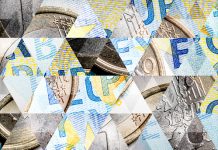



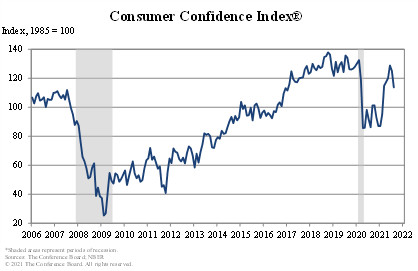
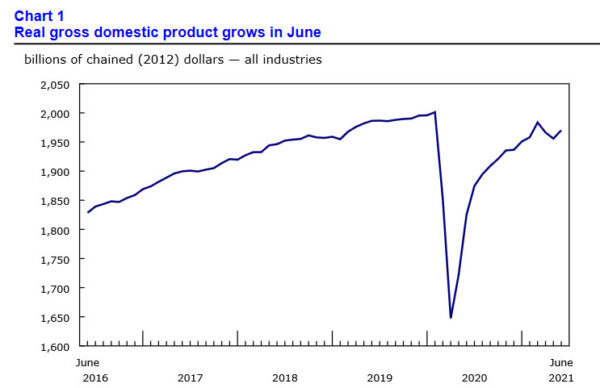
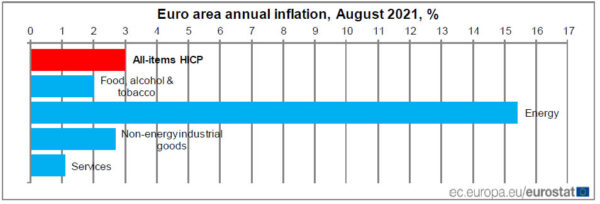
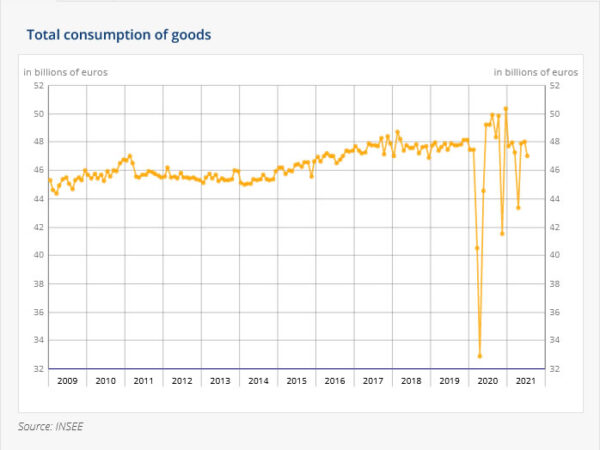
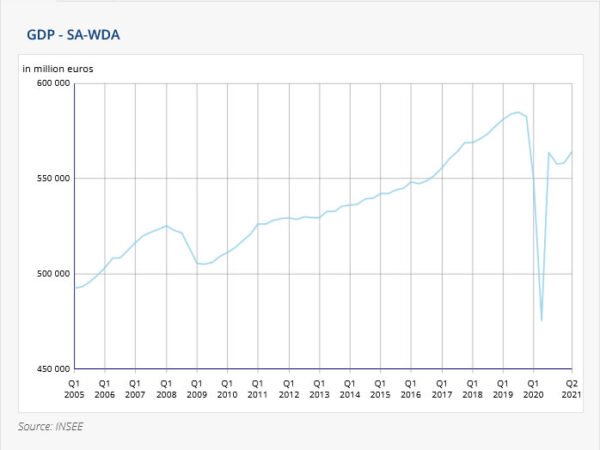
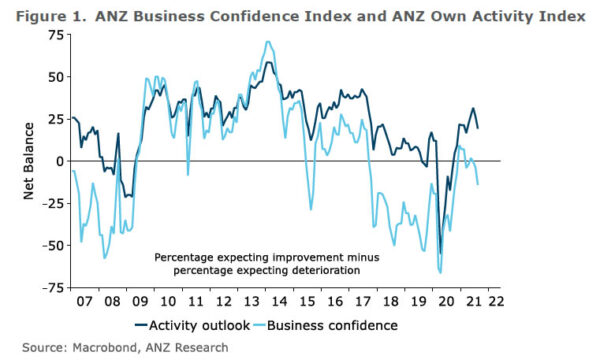
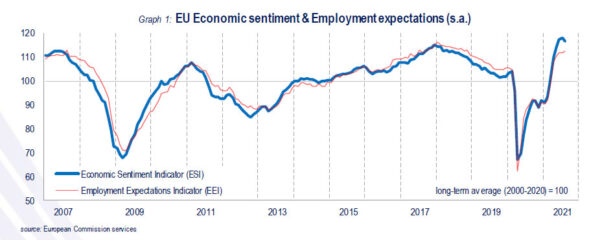
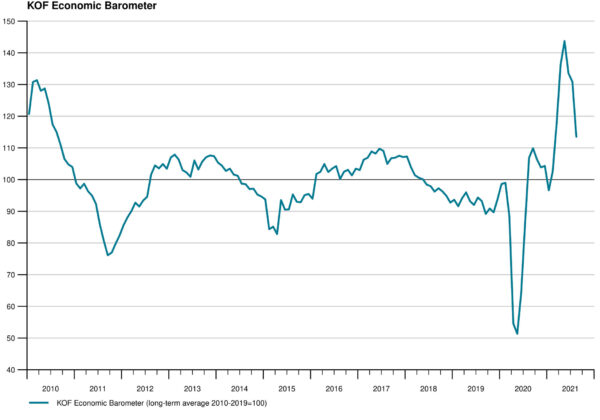
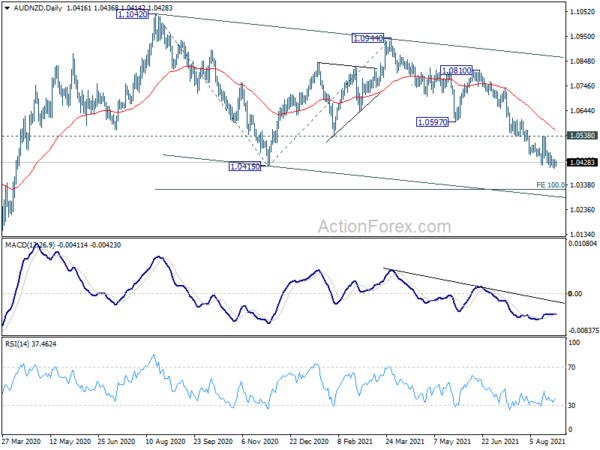

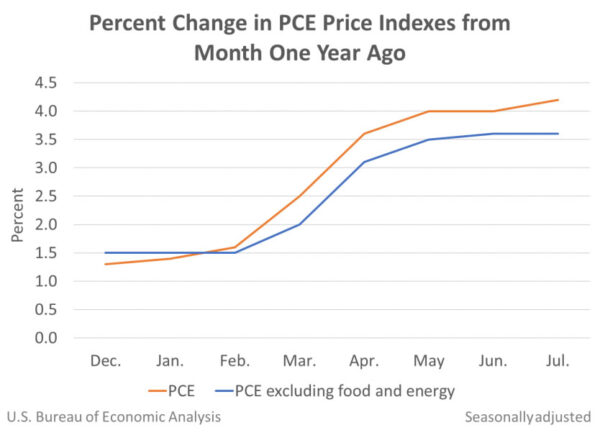

Australia GDP grew 0.7% qoq in Q2 better than expectation
Australia GDP grew 0.7% qoq in Q2, above expectation of 0.5% qoq. Over 2020-21, the economy grew 1.4%. Head of National Accounts at the ABS, Michael Smedes said: “Domestic demand drove growth of 0.7 per cent this quarter which saw continued growth across household spending, private investment and public sector expenditure. Lockdowns had minimal impact on domestic demand, with fewer lockdown days and the prolonged stay at home orders in NSW only commencing later in the quarter”.
Full release here.